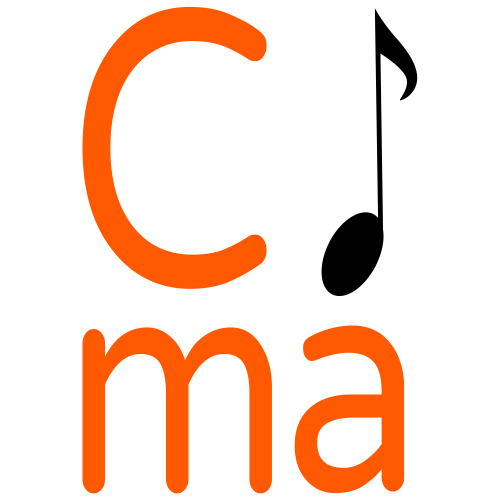The Motto and Guiding ethos of the Young European Strings School of Music (YES)
By Maria Kelemen
“When I grow up I want to be a musician”
The Young European Strings School YES offers twice weekly 30 minutes lessons to the beginner separating the theoretical part of the of the learning from the practical. Teaching music theory is based on the principles of teaching awareness of the “inner ear’s” function. The classes of solfeggio consist of learning simple nursery rhymes only containing major and minor thirds to establish interval hearing and proceeding through using the hand signs through the more complicated intervals always using the beginning of the song to facilitate the recognition of said interval. Written theory classes are only given to children from the age of 7 years when they’re at reading and writing ability.
"What is special about Young European Strings School of Music?"
Before becoming a student of YES School of Music the future candidate is offered first man assessment of his/her existing musical potential.
Starting at pre-kindergarten
These assessments at pre-kindergarten age are always conducted in the presence of a parent. The short introduction of easy games and toy instrument contains a number of child-friendly games with the purpose of determining whether the prospective student is ready for the individual, professional instrumental lessons.
Once the future student is declared ready to start the study of a string instrument and he/she decided which instrument would be her/his choice the student can enrol in the class of one of the three teachers engaged in teaching only very young children. following scrupulously the method invented and described in the tutor by Gwendolyn Masin ” Michaela’s Music House”. (Mueller and Schade Switzerland 2009)

YES Chamber Orchestra rehearsal
Professional teaching is provided to all the students, regardless whether they show exceptional abilities to pass their ABRSM (the Associated Board of the Royal Schools of Music is an examinations board and registered charity based in London, UK, which provides examinations in music at centres around the world), to compete nationally or internationally.
Attentive to the student’s state of mind
By expecting the absolute very best from the students and providing them with the most advanced professional advice the teachers are trained to recognise the signs of a student’s positive and negative “vibes” during the instructions. Being always attentive to the student’s state of mind from the moment they enter the classroom till they leave the classroom conflicts and /or deflect are being avoided with humour.
Rewarding and encouragement
The resistance of a child when encountering technical difficulties and physical fatigue while learning the difficult art of a playing a string instrument is normal. Rewarding with encouragement all the efforts made by the student to concentrate and accomplish the tasks on hand keeps the atmosphere positive during the lessons.
Student's motivation
Advancing in the studies and changing teachers from junior to senior classes within the school is motivating the students to advance faster to the senior level regardless of age.
By attending one of the three different levels of orchestras is another motivation to encourage the student to “do” their best from one year to the other till they finish their primary and secondary school studies and decide which profession=do they wish to pursue.
Young European Strings School of Music School’s mission
It's the Young European Strings School of Music School’s mission to give every student the possibility to choose a sector or sectors of the music industry when leaving school and lead a successful life as a musician if they choose to do so.

Maria Kelemen and Ronald Masin
Founder and Director of the Young European Strings School of Music
Maria Kelemen is the founder and Director of YES. She is a Hungarian-born viola player who left her country in 1956 and - with the help of a Ford scholarship - studied and graduated with a First Prize violin and viola diploma from the respected Brussels and Liège Royal Music Conservatories in 1961. She started her professional career at the age of twenty as the leader of the viola section in the Netherlands Philharmonic Orchestra where she remained until 1984. In 1988, she founded the Young European Strings School of Music (YES). She has developed new methods of instrumental teaching using interactive and creative elements which have contributed to the many successes of the Young European Strings School of Music over the past two decades.
Artistic Director of the Young European Strings School of Music
Professor Ronald Masin joined YES as Artistic Director in 2002 from the DIT Conservatory of Music and Drama where he held a senior lecturing position. Born in Rotterdam of Czech-Dutch parentage, Ronald Masin started his violin studies at the Rotterdam Music Conservatory at the age of five. In 1962, he obtained his violin and chamber music diplomas from the Royal Music Conservatory of Brussels with the highest distinction. From 1984 until 1986, he was Associate Professor and Head of the Strings Department at the University of Cape Town, South Africa. From September 1987 to 2002, he was Senior Lecturer at the D.I.T. Conservatory of Music and Drama and a regular guest teacher at International Masterclasses in Ireland and abroad. He is the founder and artistic director of the Music Instrument Fund of Ireland. Professor Masin instructs students in the Senior Programme at the School.
Other articles about music teaching
